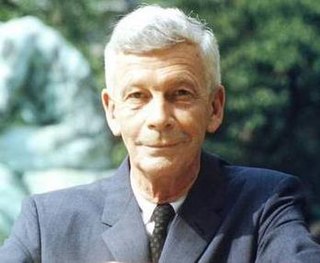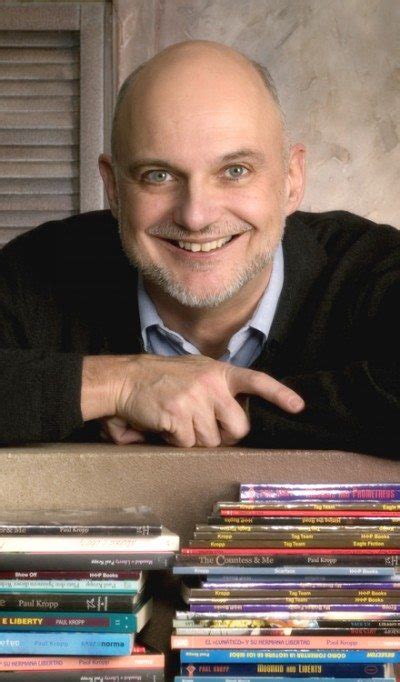A Quote by Mark Kurlansky
When I was 13 or 14, I took this speed-reading course. A lot of the things you do in speed reading you shouldn't do to a good author, but I've been reading really fast ever since.
Related Quotes
Reading with an eye towards metaphor allows us to become the person we’re reading about, while reading about them. That’s why there is symbols in books and why your English teacher deserves your attention. Ultimately, it doesn’t matter if the author intended the symbol to be there because the job of reading is not to understand the author’s intent. The job of reading is to use stories as a way into seeing other people as a we ourselves.
What do teachers and curriculum directors mean by 'value' reading? A look at the practice of most schools suggests that when a school 'values' reading what it really means is that the school intensely focuses on raising state-mandated reading test scores- the kind of reading our students will rarely, if ever, do in adulthood.
Since I started as a comic person then became a musician to me it was interesting because I have this really great, interesting fanbase that's really smart and energetic and uh how could I steer them towards a medium that shaped who I was? You know, steer them toward comics. That was really the goal, to bring a lot of readers cuz they were reading a lot of comics but most of them hadn't been reading American comics, they'd be reading manga sitting on the floor of a Barnes and Noble.
































